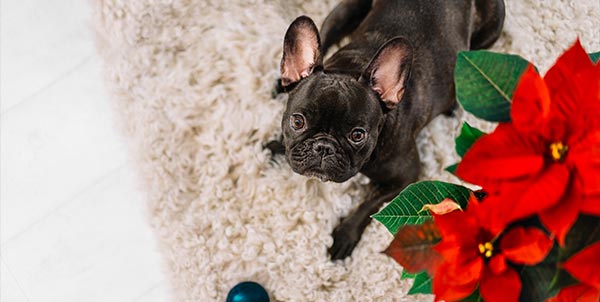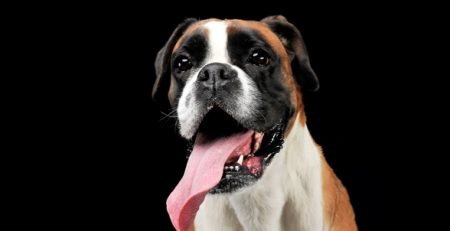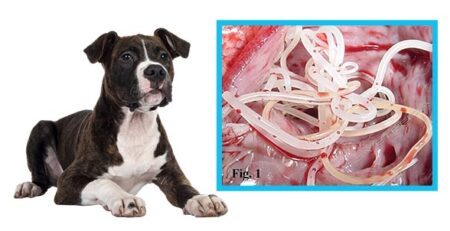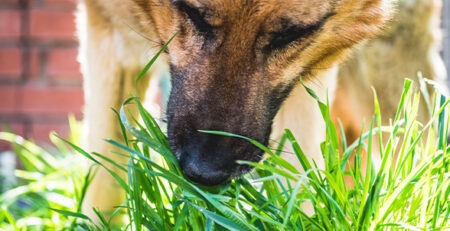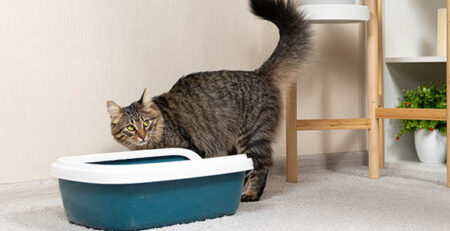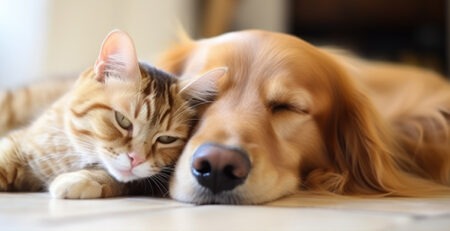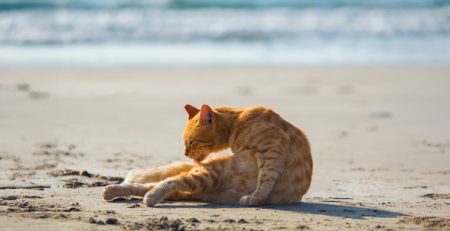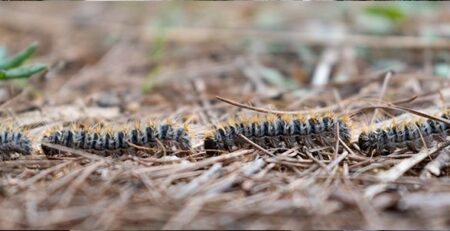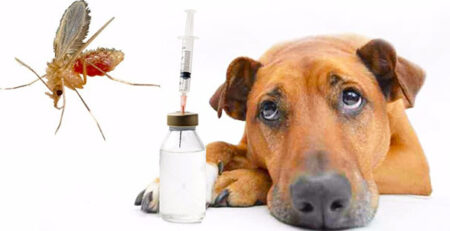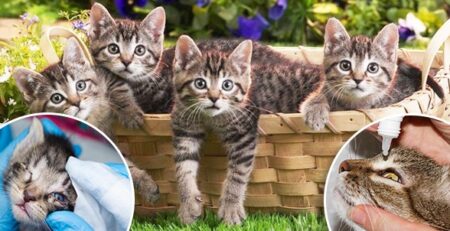Table of Contents
Are there poisonous plants for dogs and cats? Unfortunately, yes, and at this time of year among the most dangerous are those that brighten our homes with their colors: poinsettias, holly and mistletoe.
Four-legged animals usually avoid them, but in the case of a puppy still learning to recognize dangers or a particularly lively individual, the risk of ingestion, poisoning or poisoning by the poisonous plant is very likely.
Here are the most common toxic plants in our homes
Well, poinsettia secretes a latex that can cause gastric mucosal irritation, diarrhea and hypersalivation.
The berriesof mistletoe and holly, on the other hand, release a thick substance full of toxins that slows the heart rate and lowers the temperature resulting in respiratory seizures, convulsions.
The greatest danger? Poisonous plants for dogs and cats can be found in the garden
Hydrangea is a popular ornamental shrub plant that is grown in pots but mainly grows in the garden.
Ingestion of the flowers can cause vomiting, lethargy, cyanosis, respiratory problems, convulsions and coma.
Bay laurel is also one of the classic plants used as a hedge: it contains amygdalin in all its parts.
This substance is lethal if ingested by dogs and cats.
Rhododendron and oleander are large bushy plants that can reach the size of a tree, and toxicity is most concentrated in their leaves.
Ingesting even a single leaf can result in cardiac arrhythmia and can be fatal to both humans and dogs and cats.
Thrush can also cause cardiac arrhythmia if ingested, due to the cardioactive glucosides it contains.
Ivy then is perhaps the most common climbing plant and can be found almost everywhere: beware!
Its dark berries are a delicacy for birds but for humans, dogs and cats they are toxic.
Their ingestion causes nausea, vomiting, gastroenteritis and respiratory problems.
And again the very famous and widespread Cycas revoluta palm, poisonous in all its parts: it produces an ochre-colored flower full of highly toxic red seeds that fall out as soon as they are ripe.
If you own Cycas or come across them in a park or flowerbed while out and about with your dog, be very careful-the risk of your dog ingesting the seeds scattered on the ground is very high.
Finally, solanum, a small shrub known for its beauty that produces orange, yellow, and red berries that contain the dreaded solanocapsin.
Symptoms of poisonous plant poisoning in dogs and cats
The symptomatology of poisonous plant intoxication manifests in dogs and cats through:
- Dermatitis
- Temperature increase
- Nausea
- Vomiting
- Colic
- Diarrhea also bloody
- Cramps
- Convulsions
- Tremors
- Hypersalivation
- Prostration
- Abatement
Things NOT to do if you suspect your dog or cat has ingested toxic plant parts
Unless your veterinarian provides you with specific and detailed directions on what to do while waiting to visit the animal, it is absolutely inadvisable to resort to home remedies: the only achievable result may be a further aggravation of the animal’s condition.
It is absolutely forbidden, therefore:
- INDURING VOMITING: regurgitation of the ingested substance could cause further injury to the esophagus, pharynx and airway
- SOME LIQUIDS: milk, for example, facilitates the absorption of fat-soluble toxins and thus enhances the effect of poisons
- SOME MEDICINES: The active ingredients of the drugs used may be ineffective or in the worst case, cause additional serious side effects.
Precautions to take against poisonous plants for dogs and cats
The danger from poisoning by toxic plants can be easily and preventively curbed with a few simple extra precautions and care:
- Store pots and planters in places in the house inaccessible to animals
- Build fences around the “offending” plants using even common wire mesh found in any hardware store
A sudden illness of your pet who “has been alone in the garden” may be caused by the ingestion of a poisonous plant: if you have this suspicion, run immediately to your trusted Veterinarian!
We also remind you that in case of need and urgency Clinica La Veterinaria is always open h24 every day including holidays and with First Aid service from 8 pm to 8 am.
For the joy of seeing them HAPPY

